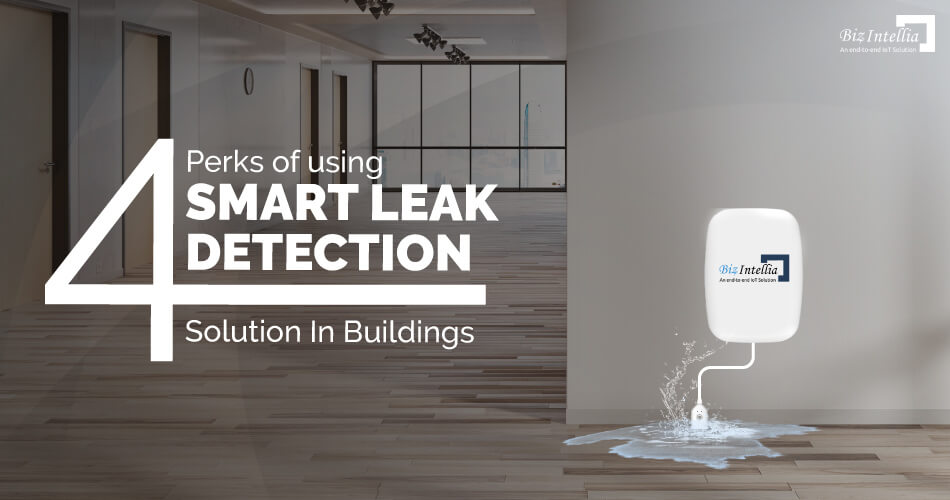How to Use Smart Sensors for Leak Detection is more than just a guide; it’s a journey into the realm of proactive home and business management. We’ll explore how these ingenious devices are revolutionizing water conservation and protecting valuable assets. From the simple elegance of acoustic sensors to the sophisticated data analysis capabilities, smart sensors offer a powerful shield against the often-hidden threat of leaks.
This exploration delves into the core functionalities, various types, installation processes, data interpretation, and the practical advantages of integrating these sensors into your life. The information provided is designed to equip you with the knowledge to not only detect leaks but also to understand the data they generate, leading to informed decisions and significant savings.
Employing smart sensors for leak detection is a proactive measure for home safety. These devices quickly identify water leaks, minimizing potential damage. This aligns with the broader concept of Smart Home Gadgets That Improve Indoor Safety , as early detection is crucial. Ultimately, the effective use of smart sensors offers peace of mind and protects your property from water-related issues, preventing costly repairs.
Introduction to Smart Sensors in Leak Detection: How To Use Smart Sensors For Leak Detection

Source: amazonaws.com
Employing smart sensors for leak detection is becoming increasingly popular. These sensors can promptly identify water leaks, preventing significant damage. Considering this, exploring Smart Home Automation Ideas for Beginners could provide insights into integrating these sensors effectively. Ultimately, the goal is to utilize smart technology to enhance leak detection, ensuring a safer and more efficient home environment by detecting the smallest leaks.
Smart sensors are revolutionizing leak detection, offering a proactive and efficient approach to water management. These devices leverage advanced technology to identify leaks early, minimizing water waste and preventing costly damage. Unlike traditional methods, smart sensors provide real-time data and insights, empowering users to take immediate action.
What are Smart Sensors?, How to Use Smart Sensors for Leak Detection
Smart sensors are sophisticated devices designed to detect and monitor various parameters related to water systems. They employ technologies like acoustics, flow measurement, and pressure sensing to identify anomalies that may indicate a leak. These sensors transmit data wirelessly to a central monitoring system, providing users with immediate alerts and valuable insights into their water usage.
Advantages of Smart Sensors
Compared to traditional leak detection methods, smart sensors offer several advantages. These include:
- Early Leak Detection: Smart sensors can detect leaks at their onset, preventing significant water loss and property damage.
- Real-time Monitoring: They provide continuous monitoring, allowing for immediate responses to potential issues.
- Remote Access: Data can be accessed remotely, enabling users to monitor their water systems from anywhere.
- Cost Savings: By identifying and addressing leaks promptly, smart sensors help reduce water bills and repair costs.
- Ease of Installation: Many smart sensor systems are designed for easy installation, even for non-professionals.
Types of Smart Sensors
Various types of smart sensors are commonly used for leak detection, each with its specific functionalities:
- Acoustic Sensors: These sensors detect the sound of water leaking, even through pipes and walls.
- Flow Sensors: They measure water flow rates and identify unusual usage patterns that may indicate a leak.
- Pressure Sensors: These sensors monitor pressure drops in the water system, signaling potential leaks.